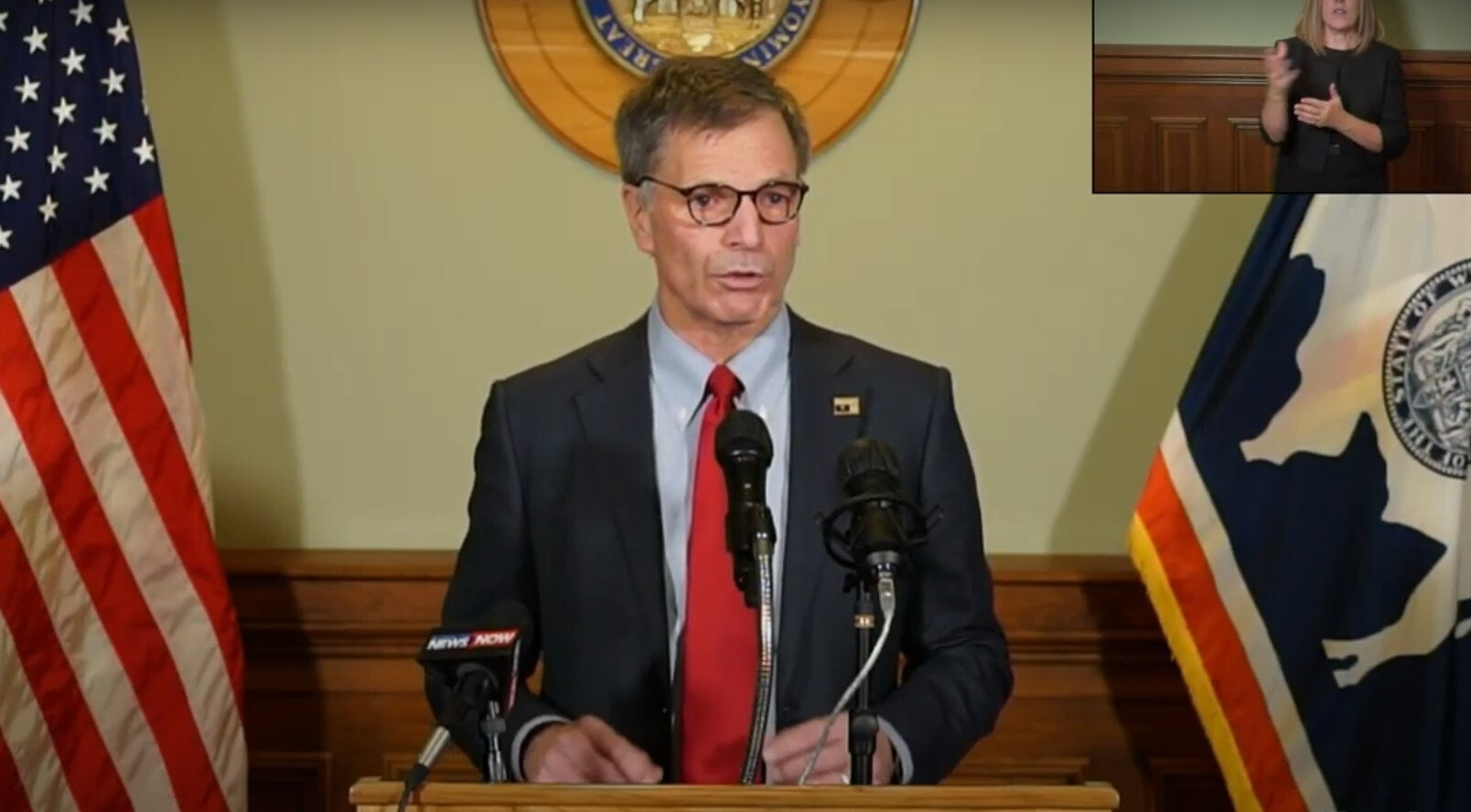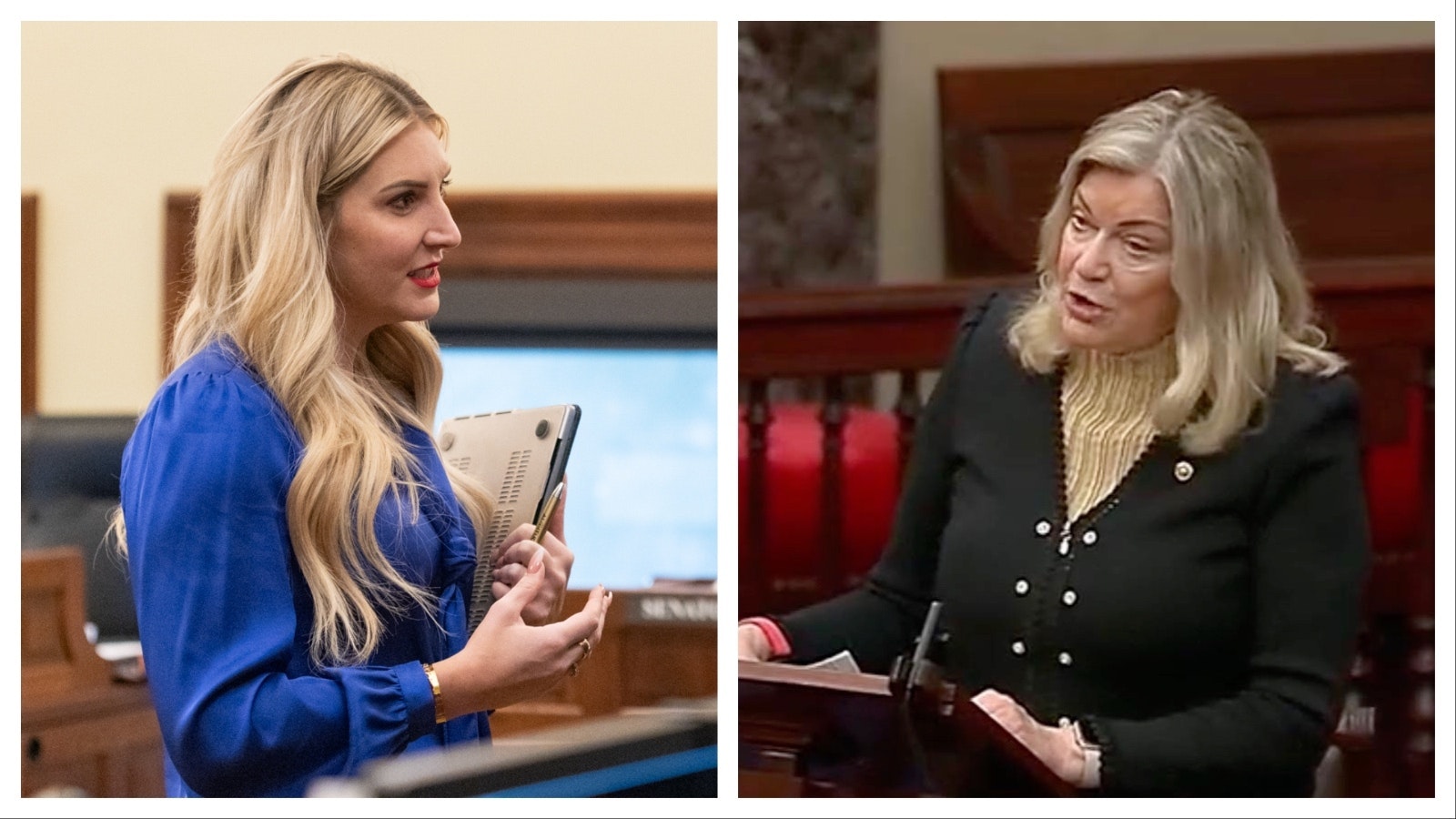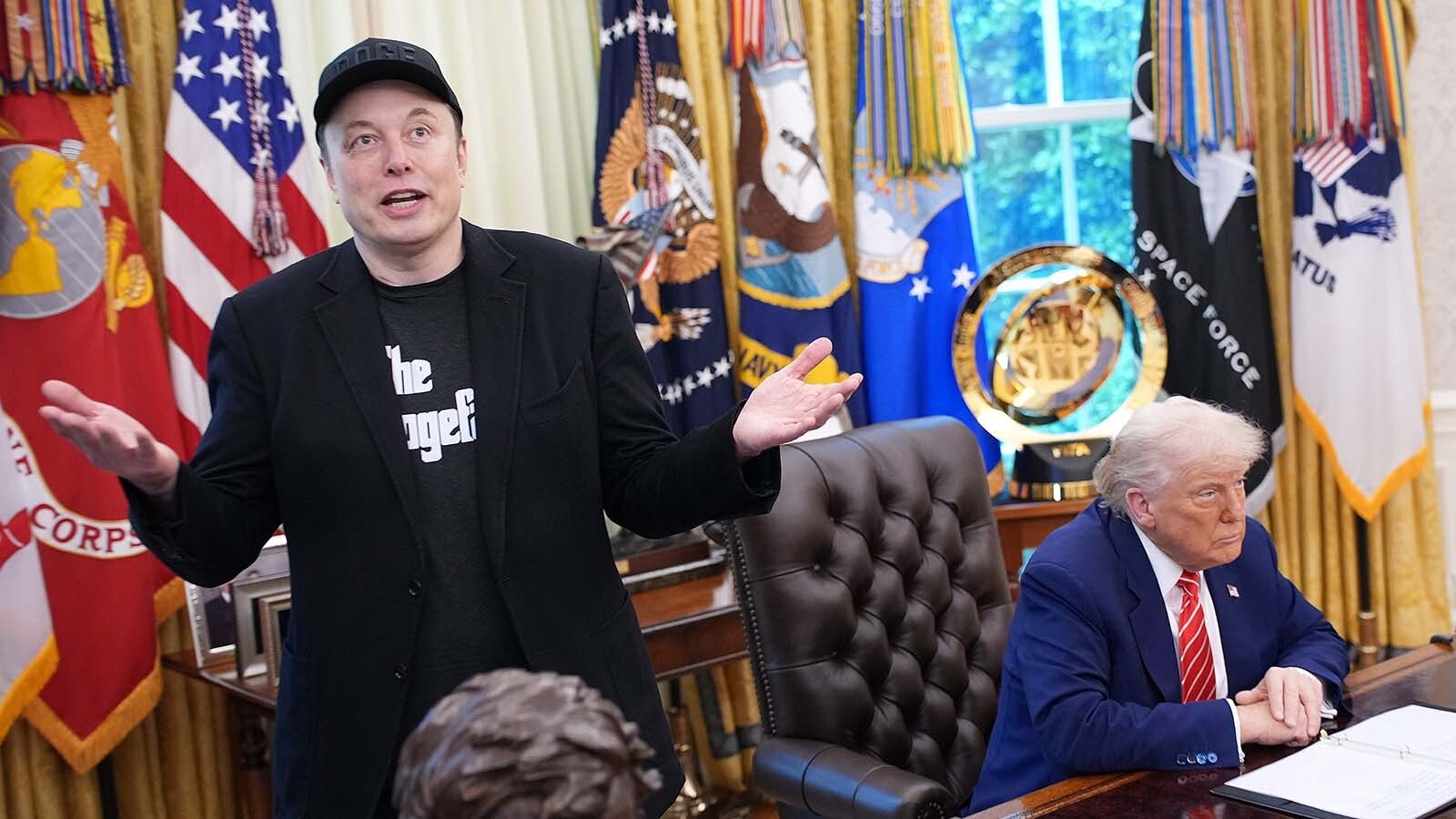A bill allowing the University of Wyoming to develop its own water system without regulation by the city of Laramie is a poor solution to the ongoing dispute between the university and the city, according to Gov. Mark Gordon.
Although he signed the bill into law on Monday, Gordon said he had many reservations about it.
“My decision to sign this bill into law is simply an outgrowth of selecting the best outcome out of a suite of poor options,” he wrote in a letter to House Speaker Eric Barlow, R-Gillette.
The bill stems from a years-long debate over water used to irrigate the Jacoby Golf Course.
According to testimony during committee reviews of the bill, while Laramie allowed the university to use its water to irrigate the course for more than 50 years, the city started charging for the water in 2007 and the university is now paying almost $200,000 a year for the water.
The university developed two wells on land adjoining the golf course, but was prevented from using it to irrigate the course by a Laramie ordinance that banned water from being imported into the city’s boundaries without city approval.
The bill, House Bill 198, would allow the university to develop and use its own water without restrictions by the city.
But Gordon said the bill amounted to using legislation to address a local issue, a practice state Sen. Tara Nethercott, R-Cheyenne, referred to as “litigating through legislation.”
“I agree that compelling legal arguments were made on both sides in committee and on the floor,” he wrote. “But this matter also involved the state engineer and some authority of an executive branch entity. Broadly, I am disappointed that this is the outcome in front of me today.”
He added the bill provides a solution only for the university, not other private property owners whose rights to use their water may be affected by Laramie’s ordinance.
In addition, the bill did not address the issue of whether Laramie can regulate water use within its boundaries, a responsibility he said state law gives to the state engineer, Gordon said.
“These and other questions will have to go unanswered for the time being,” he said. “I hope you will continue to look into this situation and offer solutions.”





